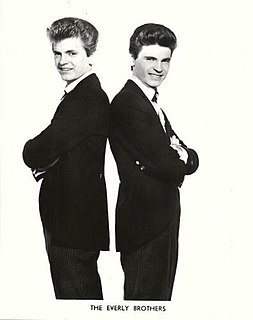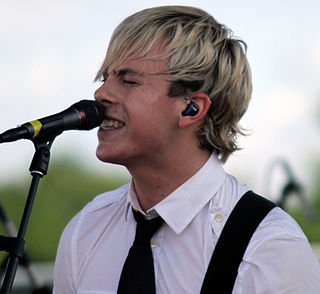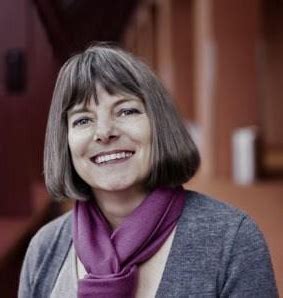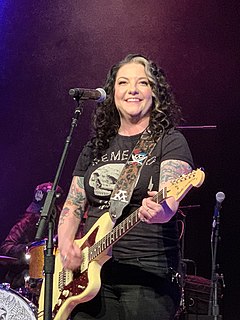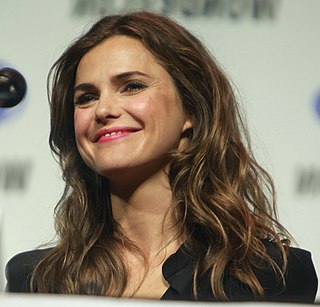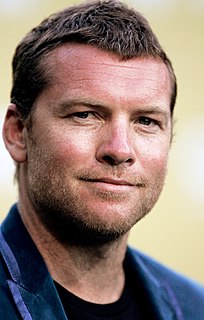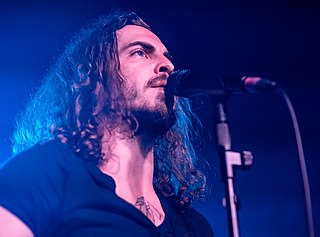A Quote by Don Everly
I wrote '('Til) I Kissed You' about a girl I met in Australia. Her name was Lilian, and she was very, very inspirational. I was married, but... I wrote the song about her on the way back home.
Related Quotes
One day in 1965 Rajiv wrote me from London, where he was studying, and informed me, 'You're always asking me about girls, whether I have a special girl, and so forth. Well, I've met a special girl.' And when Rajiv returned to India, I asked him, 'Do you still think about her in the same way?' And he said yes. But she couldn't get married until she was twenty-one, and until she was sure she'd like to live in India. Sonia is almost completely an Indian by now, even though she doesn't always wear saris.
Director Park always talked to me about her in a very innocent way, that the story was of her coming of age and her sexual awakening and her going from girl to woman and that she had the same desires and hopes as other young people in terms of being very infatuated, which comes in the form of her uncle, which is very unconventional.
I read a lot by female psychoanalyst Lou Andreas-Salomé, who wrote prominent biographies of Nietzsche, Rilke, and Freud because she studied with all of them. She had this unbelievable insight into contemporary psychoanalysis. What is so interesting is that she wrote her life, and she knew that her life would be about these men, and it didn't stop her from leading an incredibly successful academic career. But her strange self-awareness that she was going to bookmark these men's lives is really interesting to me.
The acting came about because of a girl. I was 19 and met a girl who wanted to go to the premiere drama school in Australia, the National Institute of Dramatic Arts, where Mel Gibson, Cate Blanchett and many others went. She had an audition, and I went with her for moral support - to cheer her on. I did an audition my way, and it kept going.
Once upon a time, there was a girl named Grace Brisbane. There was nothing particularly special about her, except that she was good with numbers, and very good at lying, and she made her home in between the pages of books. She loved all the wolves behind her house, but she love one of them most of all.
You are hearing this song, and you're 16, and it's a song about love, or a girl. And then maybe there's a girl at school that you like. So you're going to be thinking about that girl. That song is sort of about that girl. The songwriter doesn't know that girl, obviously. He wrote it for something else. But there's the specific meaning with the universal again.
Virginia Woolf thought a lot about her own sex when she wrote. In the best sense of the word, her writing is very feminine, and by that I mean that women are supposed to be very sensitive to all the sensations of nature, much more so than men, much more contemplative. It's this quality that marks her best works.
She remembered that once, when she was a little girl, she had seen a pretty young woman with golden hair down to her knees in a long flowered dress, and had said to her, without thinking, "Are you a princess?" The girl had laughed very kindly at her and asked her what her name was. Blanche remembered going away from her, led by her mother's hand, thinking to herself that the girl really was a princess, but in disguise. And she had resolved that someday, she would dress as though she were a princess in disguise.
I noted about Cate Blanchett was her very positive lack of concern for how she turns out in Cinderella. She is happy to be a villainess and very pleased to be encouraged as I did with her to reveal this backstory and feel as though this was very human, that this broken heart of hers, if you might regard it that way, would be visible, but she never played for sympathy and I really admired that about her, so she's just there, she just is and uncompromisingly.
